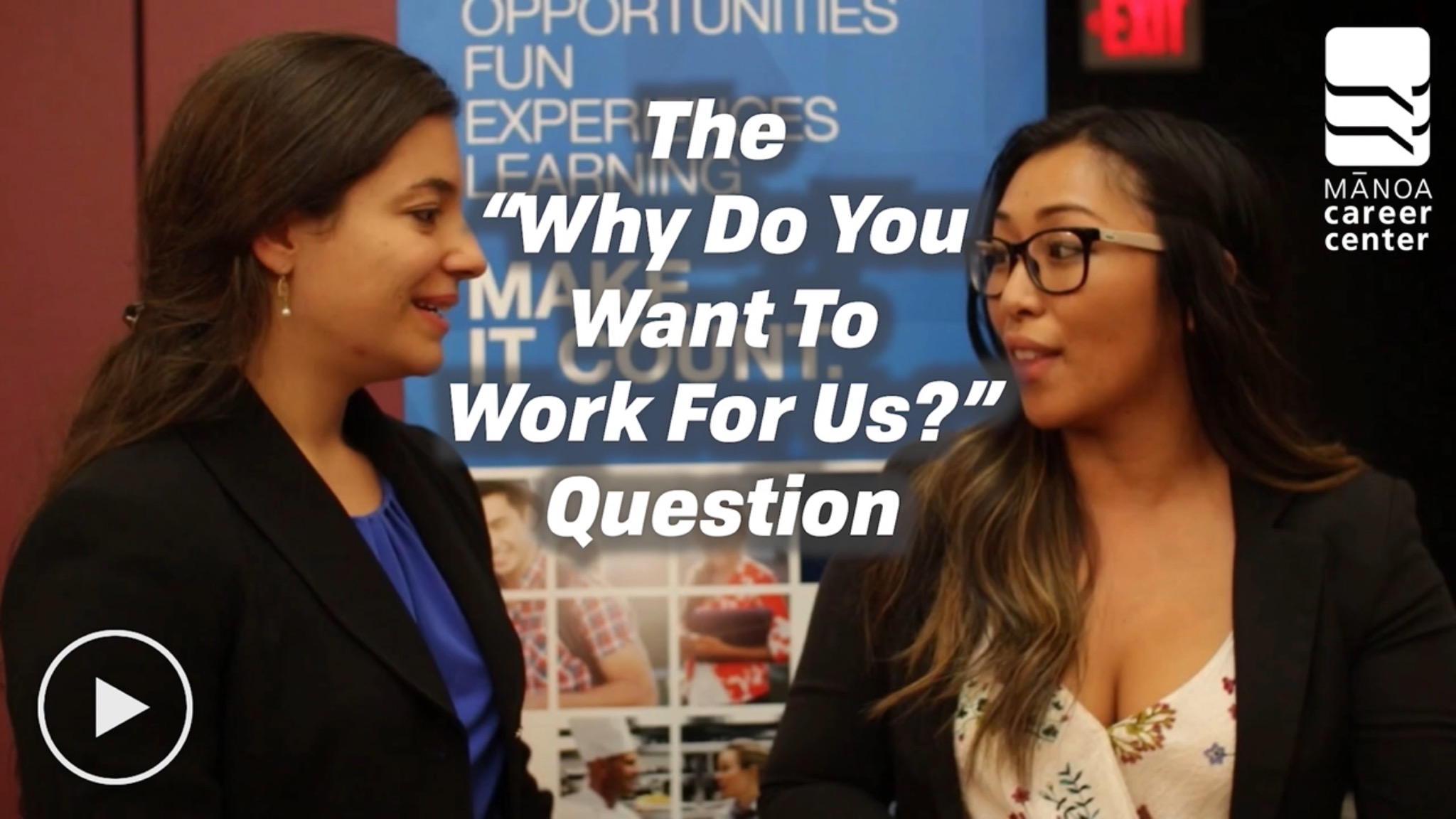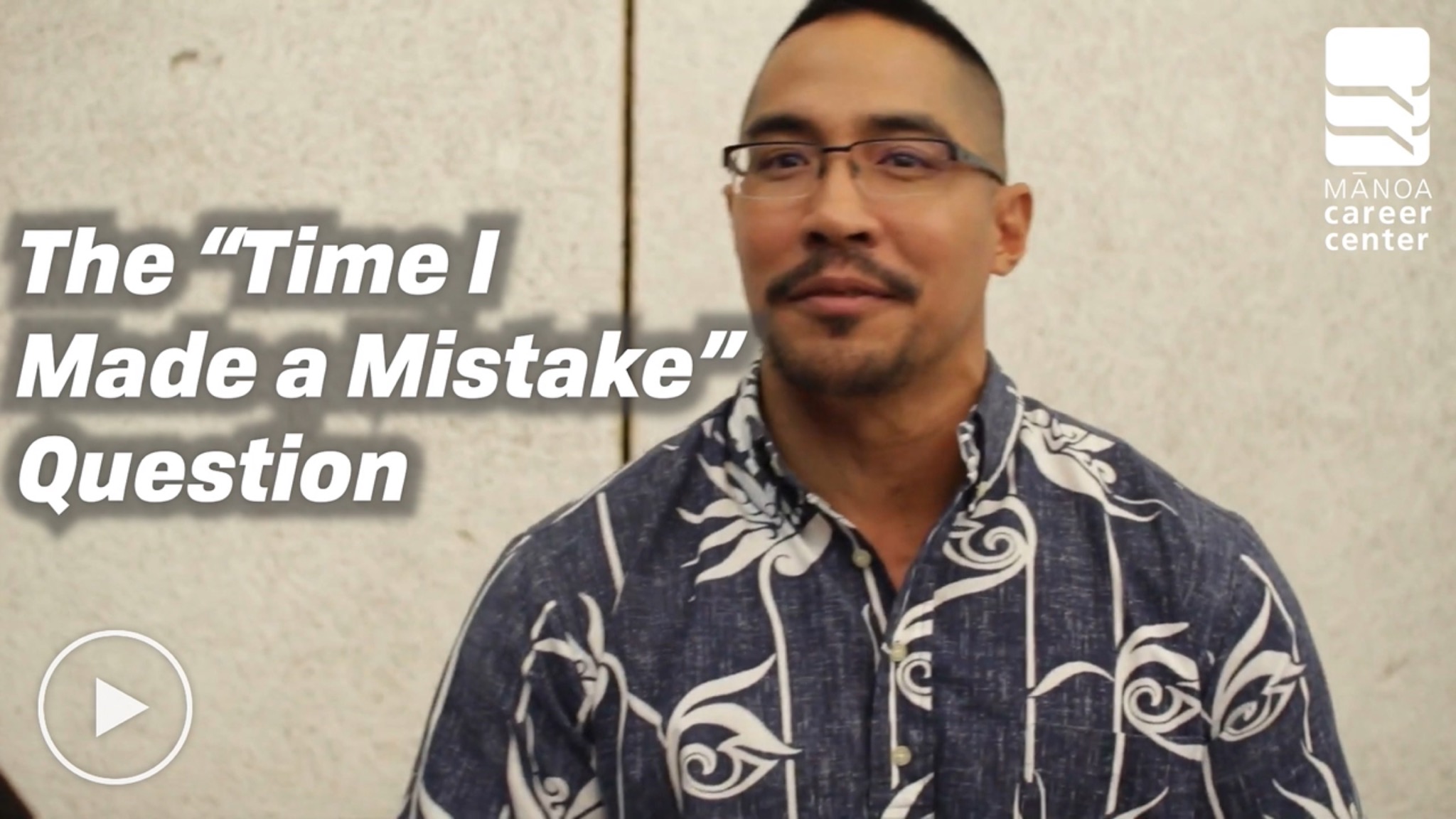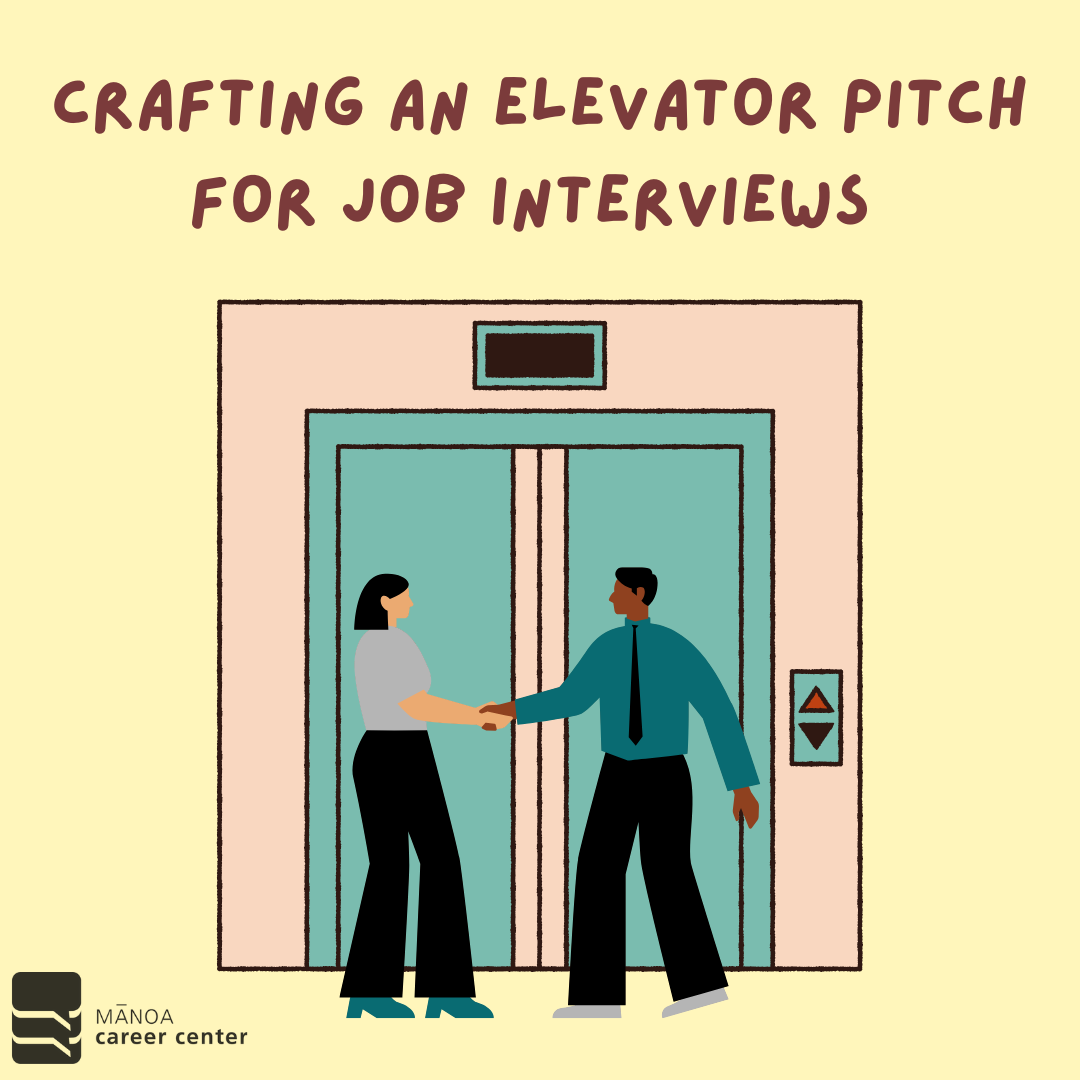Job rejections can be very frustrating. When you are on the job hunt, every application is commenced with hope. Whether the process is closed by the automated screen of the Applicant Tracking System (ATS) or after several rounds of interviews by a considerate hiring manager, a job rejection will inevitably leave you feeling discouraged. Applying for a job and being rejected is hard enough at the best of times but when you are an internal applicant and miss out on the job it is not just hard, it becomes a whole different ball game. However, there can be light at the end of the tunnel if you handle the experience in the right way.
Here are the 10 most common reasons why a job application gets rejected, and how to avoid the reasons.
- Resume did not make it past the ATS
Many job applications are trashed before they are even looked at by human eyes. Most large organizations these days now use applicant tracking systems (ATS) to filter the resumes they receive. These tracking systems are designed to scan your resume for specific keywords that are set by the recruiter or hiring manager in charge. They then grade your resume based on how well the match is and discard all the resumes that did not score high enough. A few ways to make it past the ATS are to use the industry’s keywords from the job description, have a neat format, and use the sans serif font. - Did not proofread application
Any spelling errors or typos are an automatic rejection because later down the road it can cause you big consequences in your career. Before submitting, it is always best to double check or triple check your work and it is even better if you are able to have someone else look at it for you. - Too long of an application
Bullet points with facts and figures will better demonstrate your skills and experience than long sentences. Less is more. - Experience level did not match the job
Identify the skills you have acquired in your past position, and clarify specifically how those skills would translate and contribute within the position you are interested in. Find parallels, and then make sure you communicate this in a cover letter to the hiring manager or recruiter. It will also help you stand out if you have researched the company ahead of time whether you do that research online or interview someone that works in that position already. - Transferable skills were not highlighted
If you can show prospective employers that you have transferable skills that are applicable to the job you are applying for, they are more likely to give you a chance. Identifying your transferable skills and how they apply to the job you are applying for also allows you to determine whether you have what it takes to do the job or whether you are just unqualified. - Did not follow application directions
You might think it is an easy task to apply for a position, because you know how to fill out forms, and you have applied for loads of fellowships. Take your time, read instructions and follow directions. Make it easy for anyone who might be reviewing or reading your material to see how perfect you are for the position. - Took some time off of work
Stay as current as you can in your field. Be active in your professional society. Maintain your technical skills through local courses. “Pursue related coursework or certification. These efforts illustrate your dedication to your field and show you haven’t been avoiding responsibility for 18 months.” - Application process was rushed
When you rush through the hiring process, you make mistakes and miss critical steps. Avoid using slang, abbreviations, or any shortened words. “One-word answers or fragments that lack proper punctuation may succinctly answer application questions, but you may seem to be rushed or apathetic about the process compared to candidates with grammatically correct responses.” - Lied on your application
Exaggerating the truth or outright lying on a resume is not unusual, but that does not mean it is an effective way to advance your career. Most of the time it can be traced through your digital footprints. If you do not have the exact skills an employer is looking for but still think you could be a good fit, make the case in your cover letter. - Reasons out of your control
You firstly need to understand that you have no power in the interview process. You jump through their hoops because you have no alternative, you do it because if you don not others will. So understand that from the moment you apply and jump on their treadmill you are a pebble being pushed along a stream. You get past the rejection by figuring out what you have control over and what you do not. When you get right down to it you control almost nothing in the whole process, you can listen to every bit of advice online and make what you think is the perfect cover letter and still you have absolutely no idea whether the interviewer will respond well to it. The only thing you can do is your best. So analyze your rejection, did you do your best? Now you have your feedback, hopefully it is good and gives you reasons to consider working on or confirms that you are great, just unlucky this time.
Hopefully by presenting these 10 helpful reasons and tips we improved your understanding of the recruiting process and the roadblocks that you need to steer around in order to dramatically improve your odds of getting a great job.
Additional information can be found here.



















